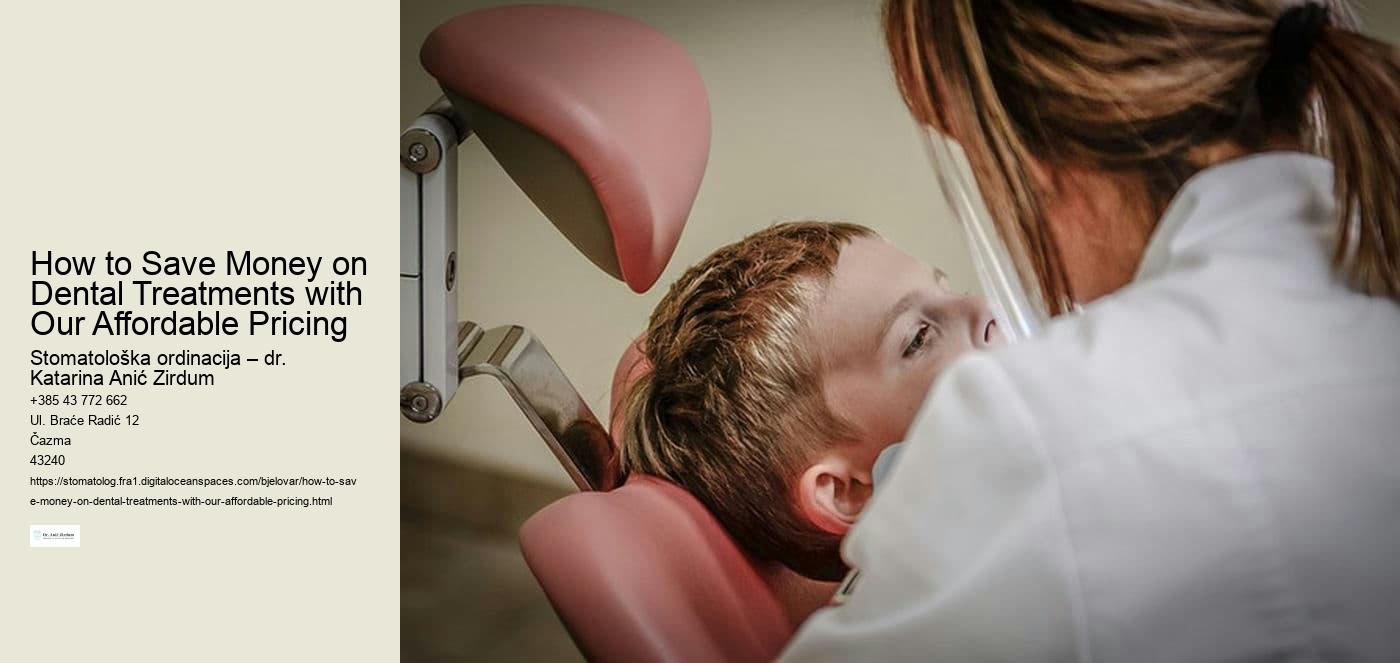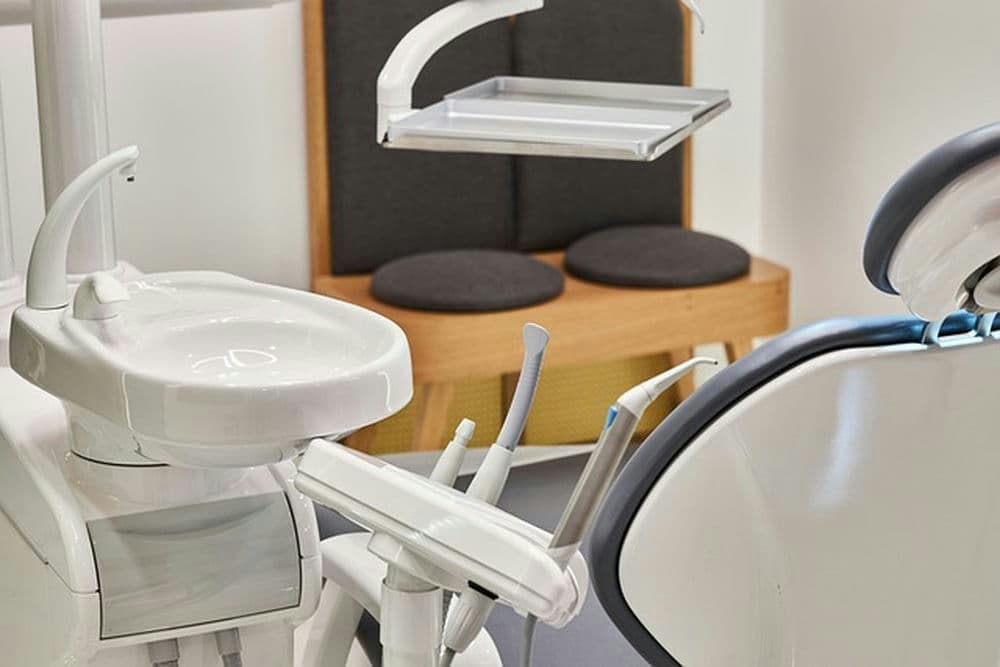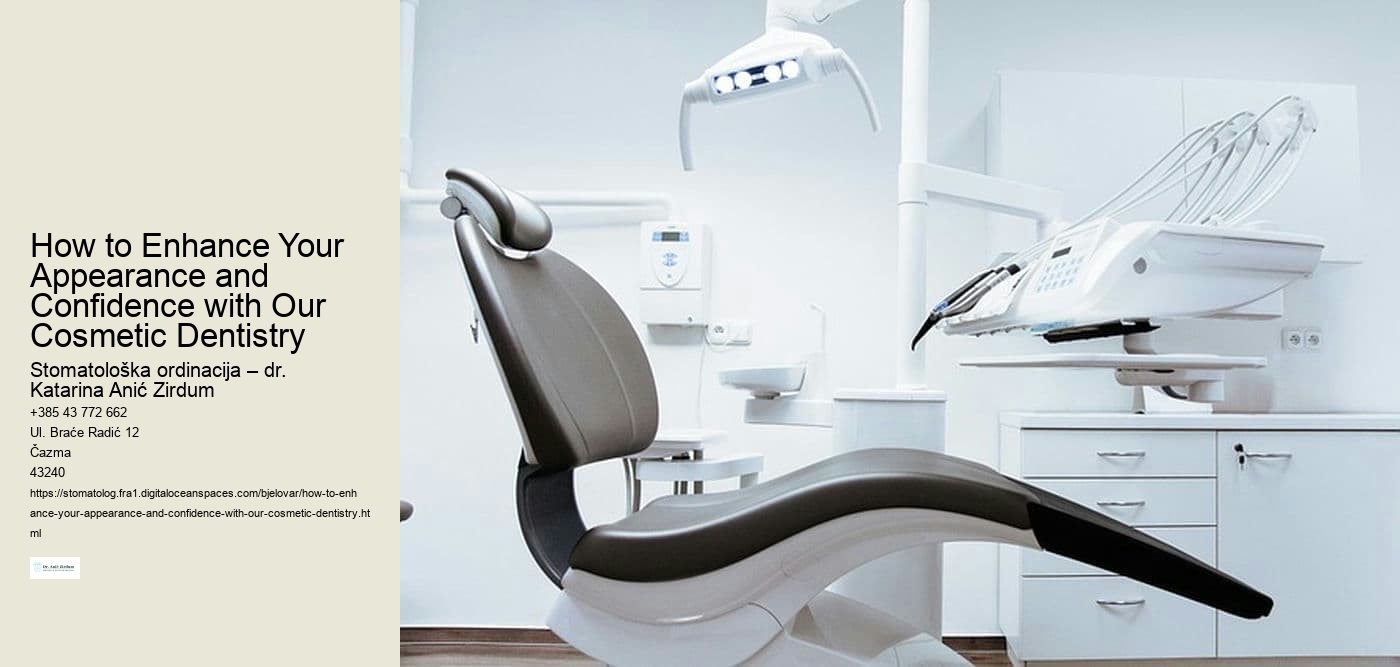Pages
Rating:
RSS:
RSS FeedSitemap:
Sitemapfull mouth dental implants cost near me
Posted 1/28/2023 by Admin

If you've got a bone graft, this can cause swelling, bruising and pain. Giving your permission (consent)We are looking to involve you in decisions about your care and remedy. If you decide to have a dental implant, we ask you to sign a consent form. This says that you conform to have the cure and take into account what it involves. If you would like more information about our consent procedure, please speak to a member of staff taking care of you. Other treatment optionsThe remedy options are different for each person. Your dental team talks to you about the cure option that is healthier for you. This could be:not having any treatmentpreparing other teeth for crowns or bridgeshaving a unique design of dentureWhile many cure alternatives can restore lacking teeth, dental implants are one of the best teeth replacement options in Houston. These restorations exchange the tooth's root and crown, creating the most natural-looking and reliable effects. Our implant specialist and periodontist can substitute one or distinct teeth with implants. Thanks to his extensive education, he can comprehensive all the process in his office.
full mouth dental implants cost usa
Posted 1/12/2023 by Admin
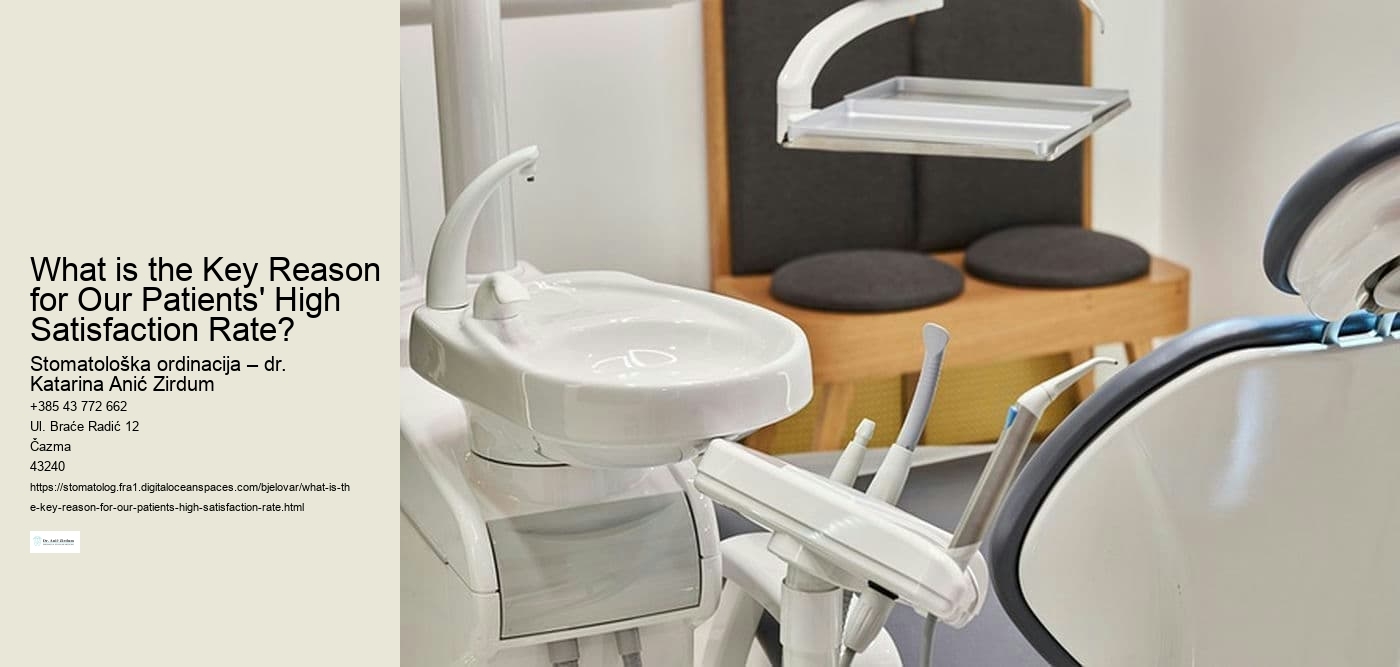
Once you’re comfortable, your general practitioner will make an incision (cut) in your gums where the dental implant will go. This exposes the bone below so your healthcare professional can place the implant. Prepare your jaw. Your health practitioner will use a series of specialized instruments to create an opening in your jawbone. They’ll widen the opening until it’s just the correct diameter on your new dental implant. Place the dental implant. Next, your health care professional will intently place the dental implant into your jaw. Close the incisions. Finally, your health care provider will reposition your gums and close the incision with stitches. The steps for dental implant placement are commonly an identical for everyone. But sometimes, a surgeon can place a dental implant and fix (like a crown or bridge) all in one visit.
local dental implants
Posted 1/28/2023 by Admin
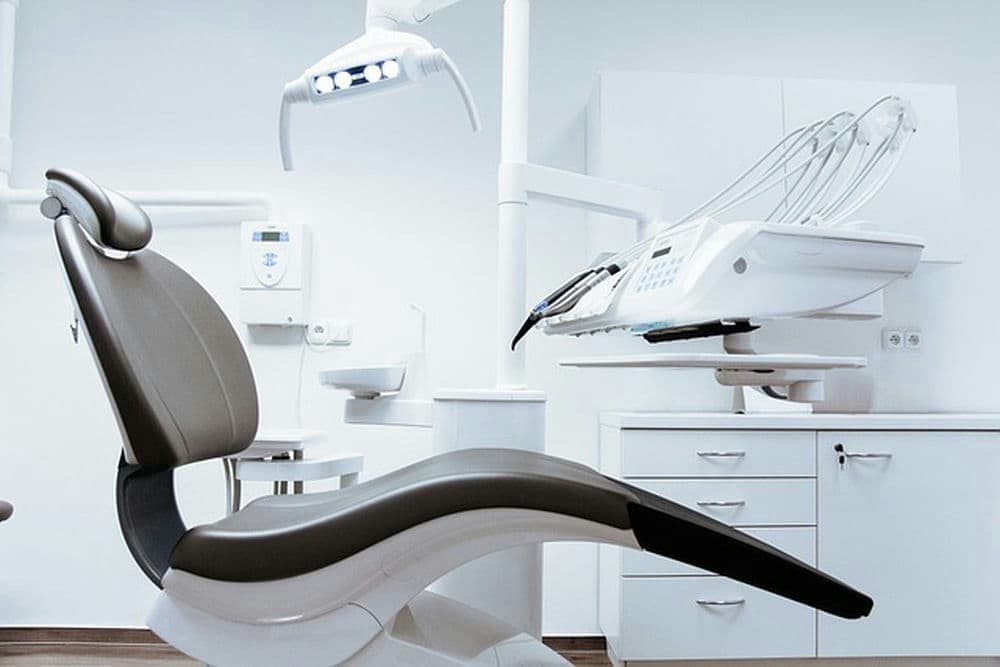
For help to give up smoking, please speak to your nurse or call our give up smoking provider on 020 7188 0995. Benefits of dental implantsYou have dental implants when your dentist does not are looking to put crowns (caps) on fit teeth. Implants are also useful if dentures or bridges could be challenging or impossible as a result of there are no suitable teeth or gums to aid them. Risks of dental implantsThere is a small risk that the dental implants would possibly not join properly with the bone to your jaw. We then cannot use them. This risk is higher for some people, adding people who smoke. The dental team tells you if they think that the risk is higher than normal for you. Parts of your implant can loosen or wear out with time. This can result in the implant not working if the challenge is not treated simply. You are guilty for the long-term care of your implants. Your local dentist can care for your dental implants.
simply dental implants
Posted 1/25/2023 by Admin

A commonplace dental implant is surgically inserted into the jaw and allowed to fuse with the bone tissue in a procedure called osseointegration. This process allows the implant to become part of your body, stabilizing your new teeth. This is among the most modern strategies to repair edentulous jaws with a set of fixed teeth, giving you your smile and health back through four to six dental implants strategically placed. These implants could be used to repair the entire jaw without delay. After an All-on-Four process, which you could benefit from the following advantages:Stable and secure implant denturesLess jaw deteriorationNo bone lossAll-on-Four dental implants are very durable. With proper care, you could have them for anything of your life.
